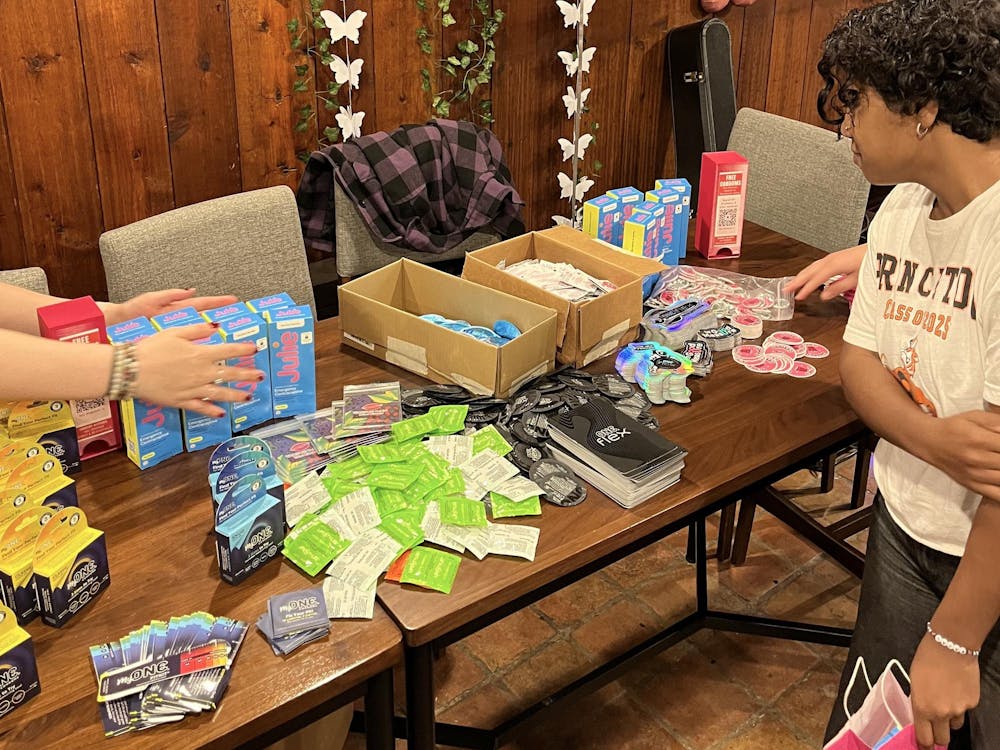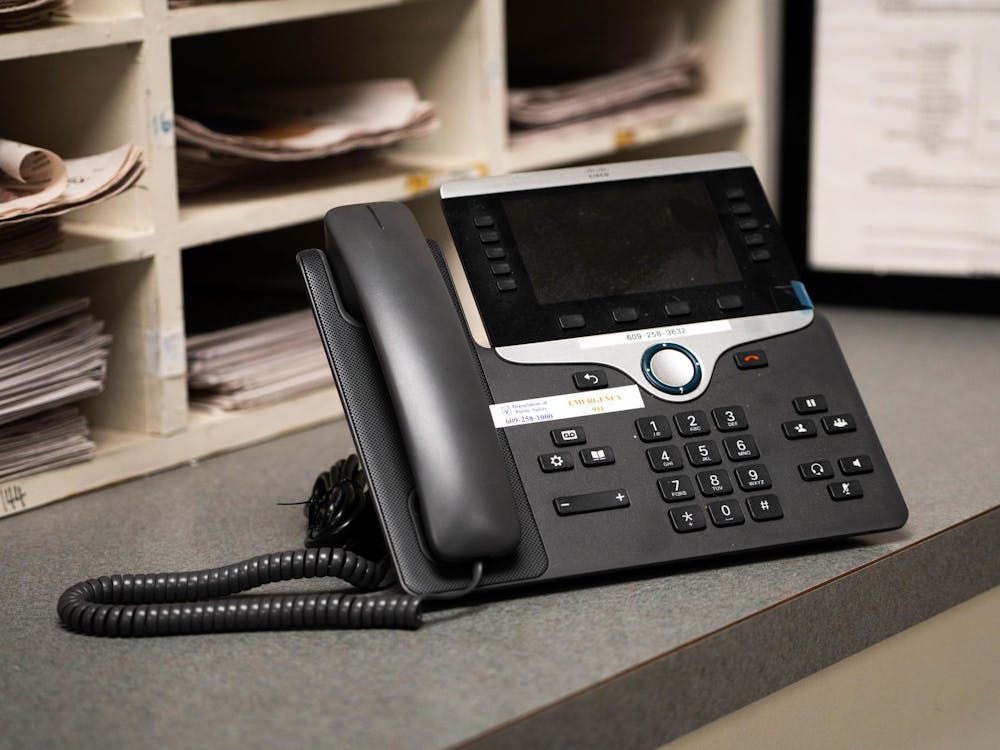University administrators will soon present data on the peer academic advising system that was implemented across all residential colleges in the 2012-2013 academic year.
The peer advising program had been extremely limited before the 2011-2012 school year, Dean of Wilson College Anne Caswell-Klein said. Under the old system, A.B. freshmen only met a Peer Academic Adviser on course enrollment day in September and did not interact with them for the rest of the year. B.S.E. freshmen did not have Peer Academic Advisers at all.
"After working with peer advisers in that system for several years, a lot of them expressed frustration about not getting to know the freshmen better, and feeling like they had a lot more that they would be happy to offer to the lives of freshmen,” Caswell-Klein explained, adding that they were “also hearing from freshmen, 'Oh, I met this really nice person during course enrollment but then I never saw her again, and I don't remember her name.' ”
Caswell-Klein, the Director of Studies at Rockefeller College at the time, said she tried to improve the system by launching a pilot program in September 2011 in Rocky, Forbes and Whitman. The pilot assigned Peer Academic Advisers to advisee groups, commonly referred to as "zee groups," to increase the sense of community between underclassmen and their peer advisers.
The program also expanded to include B.S.E. advisees and B.S.E. Peer Academic Advisers. Before, B.S.E. underclassmen had only received guidance from peer interactors, and B.S.E. upperclassmen had only been able to serve as interactors, not advisors.
Director of Studies at Whitman College Justin Lorts helped lead the project after coming to the University in early 2012. The pilot program expanded to all colleges in the 2012-2013 academic year.
The new system standardized training across residential colleges, Lorts explained. Before orientation, Peer Academic Advisers now receive input from directors of studies and representatives of services that they often refer freshmen to, including tutoring, Disability Services, Counseling Services and the Writing Program. They also receive training together with residential college advisers.
All other decisions about the peer advising system are left to individual colleges' deans and directors, Lorts said.
Peer Academic Advisers are expected to lead study breaks for their zee groups and contribute at Major Choices events throughout the year, Lorts and Director of Studies at Forbes College Patrick Caddeau said.
Caddeau also noted that he checks in with Peer Academic Advisers to ensure they stay in contact with their zees.
"The tricky part is that I know that they have those good intentions, but it's keeping it high enough on their to-do list that they actually schedule study breaks, and that they actually show up to spend time with the students that they're working with," Caddeau said. He also said that zees need multiple opportunities to get to know their advisers since everyone on campus is busy.
Wilson College peer academic adviser Wilhemina Koomson '14 said she has found arranging one-on-one meetings with zees to be more effective than trying to coordinate the entire group's schedule.

Her experience as a student allows her to help many freshmen overcome their anxiety, she said.
"[Saying] 'we've been through it too and it's rough, but here are your different options, here's what we can do' — I think that's been the most beneficial way, just because it lets them know they're not the only ones facing this, and it makes it less overwhelming if they feel like someone has gone through the exact same thing," Koomson explained.
Koomson said that if zees' academic interests differ from her own, she feels prepared to direct them to other resources for department-specific questions.
All of the administrators interviewed said they considered the system successful.
Lorts noted that surveys have shown a consistent rise in underclassman satisfaction with peer advising in recent years. He said that, specifically, he has seen improvement in that students who know who their peer adviser is, have spoken with their peer adviser and feel comfortable approaching their peer adviser with questions.
However, some students expressed dissatisfaction with the system.
"I think we met [our Peer Academic Adviser] once at the beginning of the year, and that was kind of it. Our RCA is way more helpful, and even a professor who's an academic adviser is a lot more helpful. I feel like we just don't really have much interaction with her at all," Linda Liu '17 said.
"It might be nicer if they were a little bit more active in reaching out," Eric Li '17 noted. "I know I need a lot of advice on picking majors, because I'm stuck between six or seven right now."
Hun Choi '17 said he was not aware that he had a peer academic adviser.
Lorts and Senior Associate Dean of the College Claire Fowler will present results from three years of advising program surveys at the Council of the Princeton University Community meeting on March 10.








